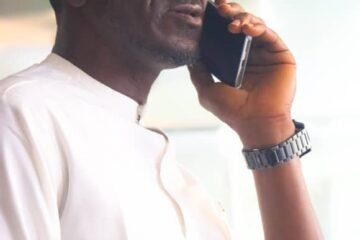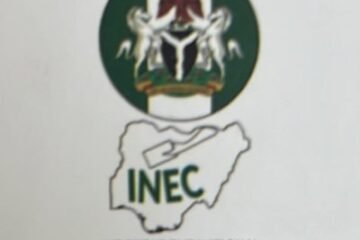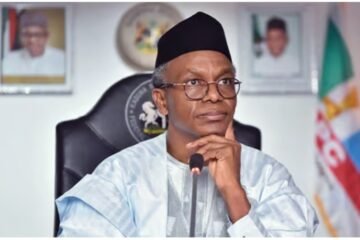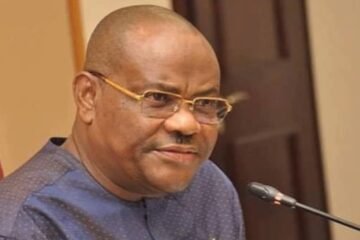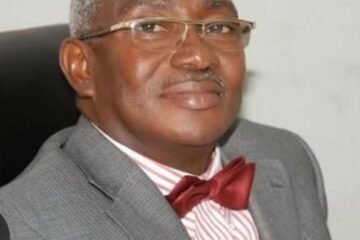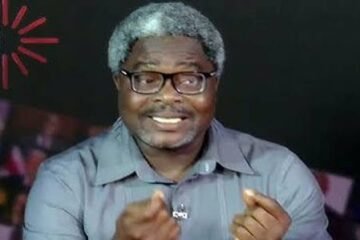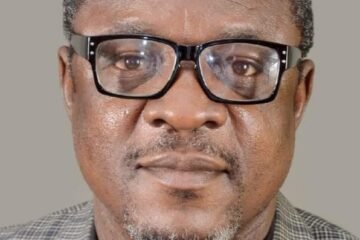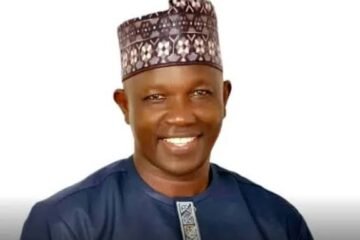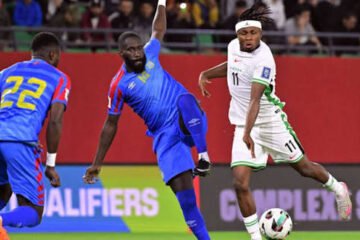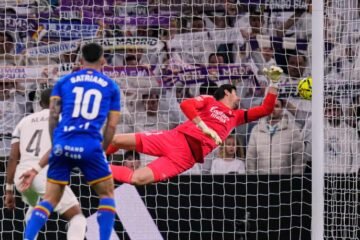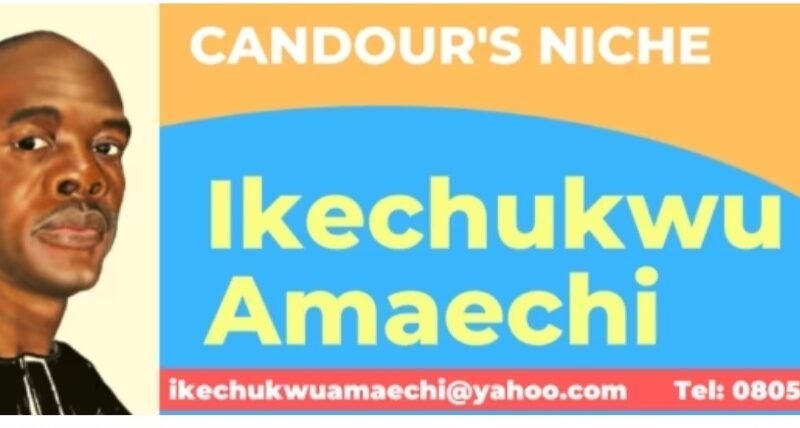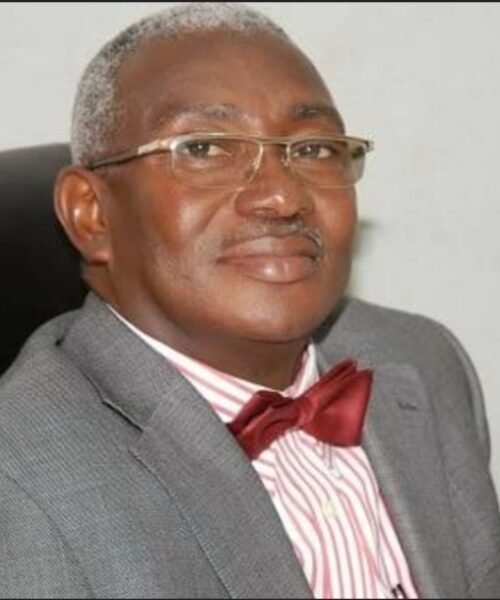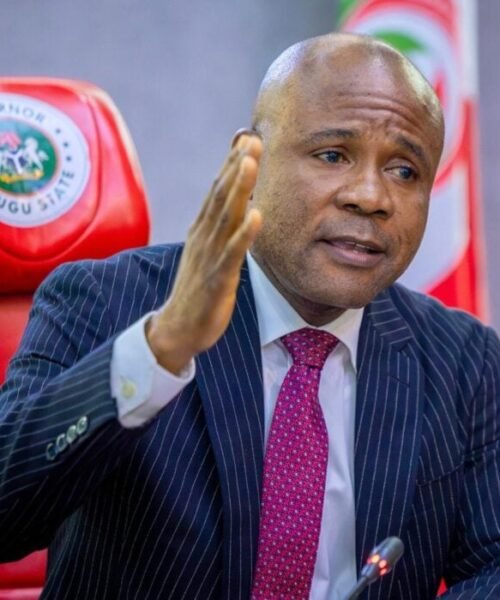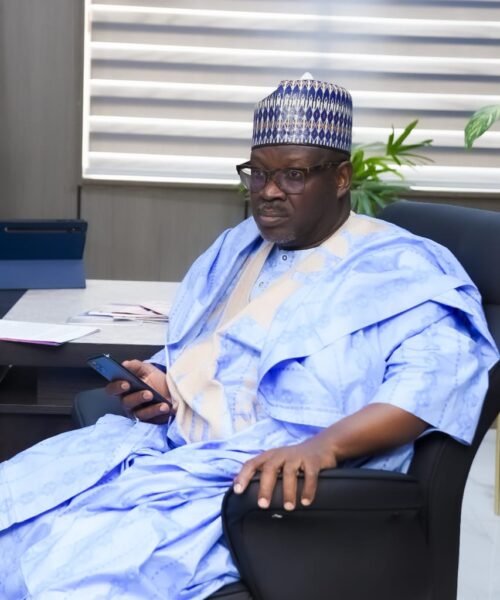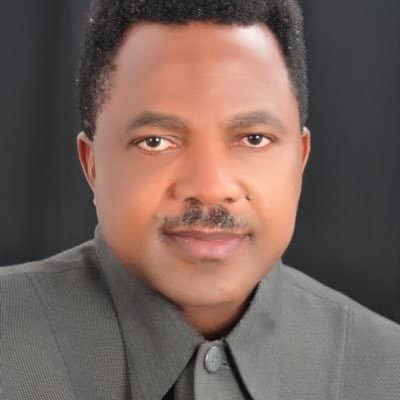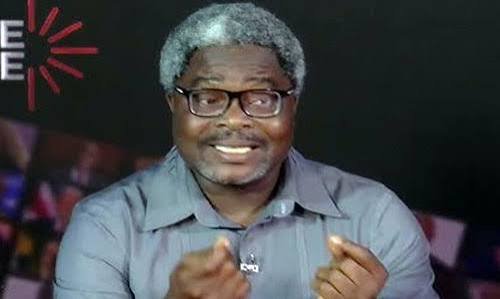By IKECHUKWU AMAECHI
One of the absurdities of Nigeria’s pseudo-democracy is the fact that those clamouring for President Bola Tinubu’s second term are not flaunting his achievements. Instead, the battle cry is the need for him to complete his “constitutionally guaranteed” two terms of eight years, not minding that there is no such guarantee in the 1999 Constitution.
The more sophisticated amongst them are blackmailing the country with the rotational presidency arrangement between the north and south. They insist that since Muhammadu Buhari, a northerner, was president for eight years, then a southerner must be accorded the same privilege. And guess what? That southerner must be Tinubu. In the event that the north reneges, they preach southern solidarity as an antidote to the alleged greed of north.
Ordinarily, a case could be made for an eight-year southern presidency. But those championing the cause are not altruistic because neither South-West nor Tinubu for that matter, equates southern Nigeria. Besides it is unconscionable to clamour for a sitting president to be handed a second term on a platter of gross incompetence.
So, when Bayo Onanuga, Tinubu’s Special Adviser on Information and Strategy, admonishes the north that, “This president is a Nigerian, he deserves the same two terms that Buhari had. Let’s not sacrifice the country for personal ambition,” as he did recently during an interview with Trust Radio, it smacks of hypocrisy. It is even more disingenuous when he claims that criticisms against Tinubu are part of a calculated effort to weaken his government on the basis of his southern origin.
Really? Tinubu’s northern political allies gave him the fabled 5.6 million out of the total 8.8 million votes (64 per cent) that propelled him to the presidency. Didn’t they know he was a southerner when they related to him with enthusiasm, accommodation and goodwill prior to the election as was noted recently by the Arewa Consultative Forum (ACF) board chairman, Alhaji Bashir Dalhatu?
Rather than making peace with his erstwhile political soul mates, Tinubu wants to play the regional card by putting a wedge between the south and north, the same way he pitted some of his kinsmen against Ndigbo in Lagos. He wants the south to counter the alleged northern conspiracy against his continued tenancy at Aso Rock beyond 2027. He is canvassing for southern solidarity in stopping the alleged northern supremacist predators in their tracks.
But the problem with Tinubu’s new battle cry is that while there may be a political north, there is no political south because of his shenanigans. In the pursuit of his presidential ambition, he deliberately burnt the political bridges in the south, believing that an alliance with the north was all he needed to access and retain power. Now that the northern alliance is fraying, he is playing the victim, stoking a non-existent southern solidarity sentiment.
But Tinubu is not misgoverning Nigeria on behalf of the south, not even the South-West. To be sure, the South-East and South-South, the two other regions that make up southern Nigeria have suffered a worse fate under Tinubu’s watch than the north. The narcissistic emilokan ideology that underpins Tinubu’s politics is all about him and his cronies.
So, how can his minions talk about southern solidarity given the very toxic political environment he has nurtured? The question that continues to concentrate the minds of all discerning southerners is which south and what manner of solidarity?
Is it the south, particularly Lagos State where Ndigbo are baited daily with all manner of ethnic slurs and made to live in fear, not knowing what tomorrow has in stock for them having been declared persona-non-grata? Is it the same south where Ndigbo were told beforehand that they will not be allowed to vote in Lagos in 2027? In any case, what happens to southern solidary after 2027? Will Tinubu’s re-election be the beginning and end of southern solidarity? Truth be told, if there was any southern solidarity before now, the vile, ethnic baiting rhetoric of the Tinubu political family fatally injured it.
But sadly, anyone who listens to such bombast will think that Ndigbo are the villains when, indeed, they are victims of Tinubu’s political machinations.
How?
When the Peoples Democratic Party (PDP) was founded in 1998, Dr. Alex Ekwueme, former vice president was its pre-eminent leader. The detailed memorandum which the G34 sent to General Sani Abacha shortly before his death was finalised by a committee of four that included Ekwueme, Prof. Uzodinma Nwala, Senator Onyeabor Obi and Prof. Jerry Gana, at Ekwueme’s office on Ademola Street, Ikoyi.
When General Abdulsalami Abubakar who took over from Abacha invited the G34 to a meeting at Aso Rock, Ekwueme led the team. And a subsequent expanded meeting at the Ladi Kwali Hall of Abuja Sheraton Hotel and Towers on August 18, 1998, where all the associations involved agreed to form a political party, was also chaired by Ekwueme, who received a thunderous ovation, especially from northern delegates. In fact, a few days before the Sheraton meeting, Alhaji Lawal Kaita at another meeting, had offered Ekwueme an automatic presidential ticket, which he declined.
When General Olusegun Obasanjo was eventually foisted on the party as the presidential candidate by the military, Ekwueme had the option of scuttling the plot but chose not to for the sake of Nigeria. In the first place, Obasanjo was not qualified to run for the presidency on the PDP platform because the party at its NEC meeting on November 24, 1998 resolved that anyone seeking to fly its presidential flag in the 1999 elections must win the state and local government elections for the party.
This resolution which was adopted at another NEC meeting on December 10, 1998 automatically disqualified Obasanjo who neither delivered Ogun State to the PDP in the January 9, 1999 governorship and Houses of Assembly elections nor his local government area in the December 5, 1998 local government elections. He even failed to deliver his ward prior to the PDP national convention at the Jos Township Stadium on February 15, 1999. Not even his candidacy could change his political fortunes in his state where he again failed to deliver any seat to the PDP in the National Assembly election of February 20, 1999. In all these polls, the opposition AD was triumphant. Conversely, Ekwueme not only delivered Anambra to the PDP but the entire South-East.
In fact, PDP South-East and South-South national vice chairmen at the time – Dr. Sylvester Ugoh and Dr. Dele Cole – wrote a joint memorandum to the screening committee headed by the former chairman of the National Population Commission (NPC), Chief Samu’ila Danko Makama, quoting the resolution of the NEC which disqualified Obasanjo from seeking the presidency.
When Obasanjo was announced winner of the PDP presidential primaries, Ekwueme could have made trouble if he wanted, having been brazenly shunted aside. He didn’t. Instead, he conceded defeat and not only pledged his full support but also subsequently chaired a fund-raising event and led Obasanjo’s campaigns in the South-East to the chagrin of his supporters who, still smarting from the events of the Jos convention, thought he was politically naive.
The same thing happened in the All Peoples Party (APP) where Dr. Ogbonnaya Onu, first civilian governor of Abia State, who won the party’s presidential primaries on February 14, 1999, yielded the ticket to Alhaji Umaru Shinkafi when the APP struck an accord with the Alliance for Democracy (AD) after Chief Olu Falae defeated Chief Bola Ige and Dr. Chukwuemeka Ezeife at a controversial elders’ parley held at D’Rovans’ Hotel, Ibadan, Oyo State to pick the AD ticket on January 28, 1999.
These are all sacrifices made by Igbo politicians in the national interest and which benefitted the Yoruba. Two frontline Igbo politicians subsumed their political ambitions under national interest and Obasanjo, a man who was in prison when Ekwueme and fellow compatriots founded the PDP, defeated Falae at the February 27, 1999 presidential poll to become president on May 29, 1999.
So, southern solidarity would naturally mean that having made these enormous sacrifices which produced the first president in the Fourth Republic – Olusegun Obasanjo – who governed for the maximum two terms of eight years and another Yoruba, Prof Yemi Osinbajo, who was also in office for eight years as vice president, the South-West should have allowed the South-East that has neither produced a president nor vice president in this dispensation to take a shot at the presidency in 2023 in the spirit of southern solidarity.
That was actually the gospel of the Omoluabis, those great Yoruba sons of good character, morality, and virtue, like the late Chief Ayo Adebanjo, which was sadly spurned by the Emilokans, who are now preaching southern solidarity. They not only balked at the possibility of a Nigerian President of Igbo extraction but went to a terrible extent in punishing Ndigbo because one of their own – Peter Obi – not only dared to throw his political hat in the 2023 presidential loop but actually defeated him as many who knew what happened are now confessing.
So, the question southern solidarity choristers need to answer is this: what will the South-East or even South-South lose if power goes back to the north in 2027? Will the lot of the people be worse than it is now under the watch of their supposed southern compatriot – Bola Ahmed Tinubu? Unless this question is answered truthfully, the idea of southern solidarity will remain a mirage.

